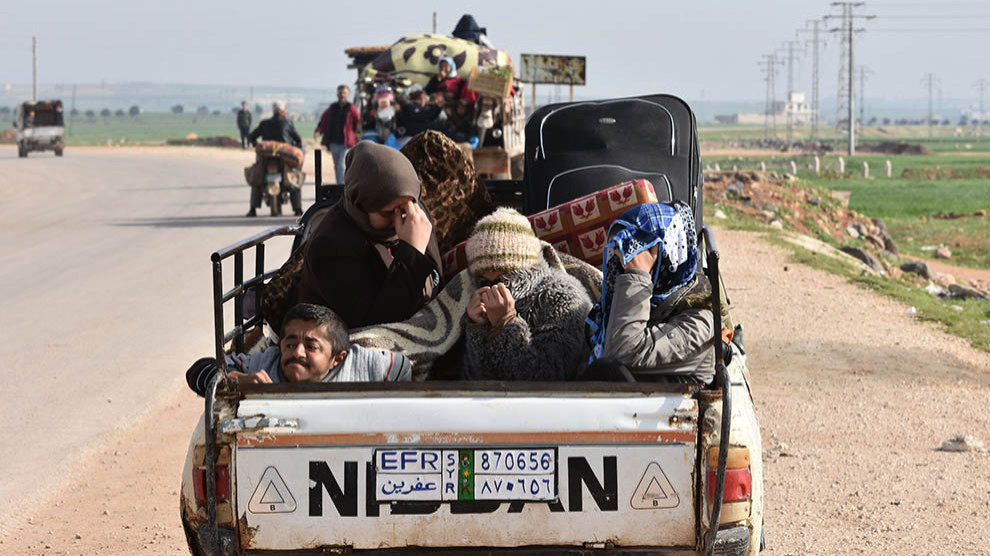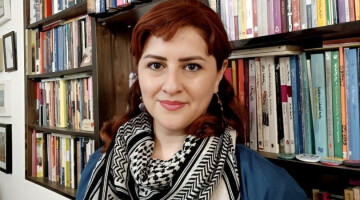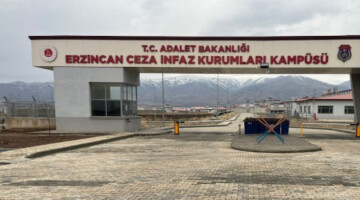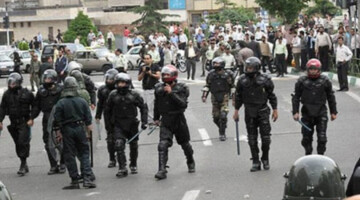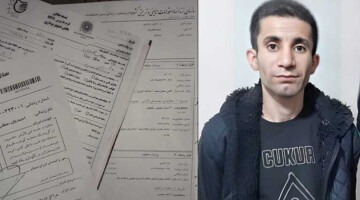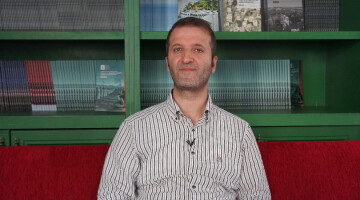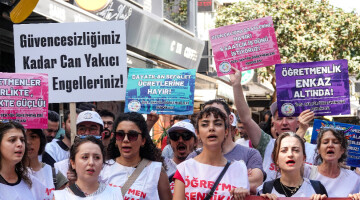The human rights organization Amnesty International has presented its review of 2019 detailing the situation with regards to ‘Human rights in the Middle East and North Africa’. The organization accuses the forces involved in the Syrian conflict of serious violations of international humanitarian law, war crimes and gross human rights violations that have not been punished. The organization also documents 120 civilian deaths in the course of the Turkish invasion in the northern Syrian cities of Serêkaniyê (Ras al-Ain) and Girê Spî (Tal Abyad) for the period from October 9 to October 20, 2019.
The review highlights the following facts from Syria under the title “Turkey and allied armed groups”:
Indiscriminate attacks
Following the military offensive launched by Turkey and the SNA in north-east Syria against the SDF on 9 October, the hostilities were marked by indiscriminate attacks in residential areas, including attacks on a home, bakery and school. The evidence strongly suggested that Turkey and allied Syrian armed groups carried out the attacks.
According to the Syrian Observatory for Human Rights, 120 civilians were killed between 9 and 20 October. For example, a Turkish air strike on a market on 13 October hit a civilian convoy that included many journalists travelling to Ras al-Ain. According to the Kurdish Red Crescent, six civilians were killed and 59 injured. In another incident, medics rescued an eight-year-old girl who was injured when mortars landed near where she was playing with her 11-year-old brother outside their home in Qamishli on 10 October. Her brother died from his wounds later that day.
Confiscation and looting of property
Turkey’s military and armed opposition groups receiving military support from Turkey, including Ferqa 55, al-Jabha al-Shamiye, Faylaq al-Sham, Sultan Mourad and Ahrar al-Sharqiye, continued to control Afrin, a predominantly Syrian Kurdish area in the north of Aleppo governorate. Residents continued to be denied access to their property and belongings, which have been appropriated by members of these armed groups and their families. Some of the appropriated properties were used as military facilities for the different groups. According to the UN Commission of Inquiry, some residents paid money to recover stolen vehicles and other belongings, and olive farmers paid armed groups taxes on their harvests.
Arbitrary detention, torture and other ill-treatment
Armed groups supported by Turkey were responsible for at least 54 incidents of arbitrary detention of civilians for ransom, according to local monitoring groups, as punishment for asking to reclaim their property or for allegedly being affiliated to the Democratic Union Party (PYD) or People’s Protection Units (YPG), both Syrian Kurdish groups. For example, a man living in Afrin was detained by al-Jabha al-Shamiye in April having been falsely accused of affiliation to the previous civil administration led by the PYD. The armed group refused to tell his relatives his whereabouts or fate.
According to the UN Commission of Inquiry, individuals critical of the armed groups’ conduct or perceived to support the former administration in Afrin, including activists, were targeted for arrest, detention, torture and extortion.
Summary killings and abduction
On 12 October, the Turkey-backed armed opposition group Ahrar al-Sharqiye ambushed civilian and military cars on the SDF-controlled Latakia-Saraqeb international highway, known as M4. Hevrin Khalaf, a Kurdish politician and Secretary General of the Future Syria political party, was in one of the civilian cars. She was dragged out, beaten and shot dead. According to the medical report, her body showed several injuries, including multiple gunshot wounds, fractures to her legs, face and skull, and detachment of skin from her skull and loss of hair as a result of being dragged by the hair. The armed groups also summarily killed her bodyguard. During the same ambush, the armed group captured and killed two Kurdish fighters. They also abducted two civilian men, both of whom work with a local medical organization and were transporting medicine when they were captured. The armed group did not disclose the fate or whereabouts of the abducted men.
Refugees and internally displaced people
By the end of the year, 6.6 million people had been displaced within Syria and more than 5 million people had sought refuge outside the country since the start of the crisis in 2011. Lebanon, Jordan and Turkey, the countries hosting most of the refugees, continued to block the entry of new refugees, exposing them to further attacks, abuses and persecution in Syria. The number of resettlement places and other safe and legal routes for refugees offered by Western and other states fell far below the needs identified by UNHCR, the UN Refugee Agency.
During 2019, the military offensives in north-west and north-east Syria internally displaced 400,000 and 174,600 people respectively, according to OCHA. Tens of thousands of displaced people continued to live in makeshift camps, schools and mosques that did not provide an adequate standard of living, and had limited access to aid, basic services, food, health care, education and livelihood opportunities. Also, 3,122 people fled hostilities in north-east Syria seeking refuge in the Kurdistan Region of Iraq.

